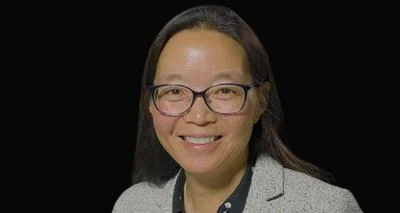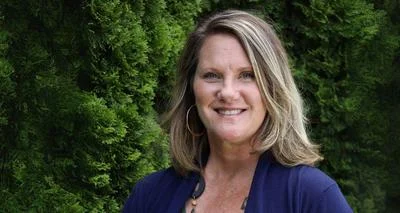The film examines people who would normally not classify as "homeless." | Unsplash/Christin Hume
The film examines people who would normally not classify as "homeless." | Unsplash/Christin Hume
The Madison Public Library is offering a virtual screening of the short film “Not Homeless Enough,” which examines the story of four families in Madison and Dane County who experienced homelessness.
Madison Public Library posted on Twitter that the screening will be virtual through Zoom and happen on Jan. 20 from 6 to 7 p.m.
“Join a screening of ‘Not Homeless Enough,’ which features four Madison-area families experiencing invisible homelessness. @SenatorAgard + filmmaker @diane_hearus will intro the film and talk briefly about the issue of doubled-up homelessness,” Madison Public Library wrote.
The link to register for the event is: https://www.madisonpubliclibrary.org/homeless with a link to the event expected to be emailed to you after you sign up, according to the school’s library.
“Since 2005, Diane Nilan has traveled the United States documenting the pervasive and underestimated problem of homelessness in our country,” the library said on its website.
In the film, Nilan examines the battle of “living in doubled-up situations, or self-paying to live in a hotel and how it disqualifies these families for federal HUD homeless programs.”
"Not used to such action on my Twitter feed. But this is worth it! My film "Not #Homeless Enough" will be screened in Madison on Jan. 20. Part of my effort to #EndFamilyHomelessness," Nilan wrote on Twitter.
The library’s website reports that after the film is presented, people will have a chance to learn about endeavors that can support struggling families in the community.
The U.S. Department of Housing and Urban Development reported that there were approximately 4,500 people experiencing homelessness in the state in 2020.
According to the West Ada School District, “doubled-up homelessness” refers to people who must share living space with one another, such as in the case where a student may be staying in another person's home.
“Students do not qualify as homeless if their living situation is a long-term, cooperative living arrangement that is fixed, regular and adequate with another family or friends,” West Ada School District states. “Students also do not qualify as homeless if the student/family is living in a long-term cooperative living that is fixed, regular and adequate for the purpose of saving money.”





 Alerts Sign-up
Alerts Sign-up